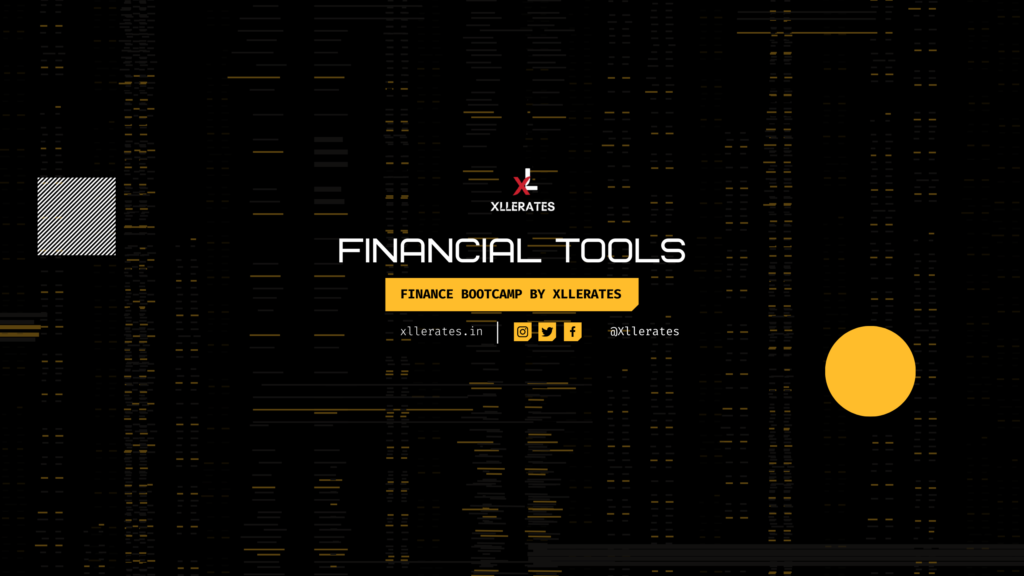
The finance industry has always been a data-driven and highly analytical field, but the advent of technology has transformed the way finance professionals work. Today, there are a wide variety of tools available that can help with financial analysis, forecasting, and reporting, making it easier to manage financial data and make informed decisions. In this blog, we’ll explore some of the most commonly used tools in finance and how they are changing the way businesses manage their finances.
- Spreadsheet Software
Spreadsheets, such as Microsoft Excel and Google Sheets, have long been a staple in the finance industry. They provide a simple and intuitive way to organize and analyze financial data, create charts and graphs, and perform calculations. With the ability to import and export data, spreadsheets are an essential tool for financial analysis and reporting.
- Financial Management Software
Financial management software, such as QuickBooks and Xero, provides a comprehensive set of tools for managing accounting and financial data. These tools automate many financial tasks, including invoicing, payroll, and expense tracking, making it easier to manage cash flow and monitor financial performance.
- Business Intelligence Tools
Business intelligence tools, such as Tableau and Power BI, are designed to help businesses make sense of large amounts of data. They provide interactive dashboards and visualizations that make it easier to understand complex financial data, identify trends, and make data-driven decisions.
- Financial Modeling Software
Financial modeling software, such as Excel-based models and specialized software like Capital IQ and Bloomberg, allow analysts to create detailed financial models that simulate real-world scenarios. These models can be used to forecast future financial performance, assess the impact of different business decisions, and evaluate investment opportunities.
- Budgeting and Forecasting Tools
Budgeting and forecasting tools, such as Adaptive Insights and Host Analytics, provide a structured approach to financial planning. They allow businesses to create detailed budgets, set financial targets, and forecast future performance based on historical data and market trends.
- Cryptocurrency Tools
With the rise of cryptocurrencies and blockchain technology, there are also a growing number of tools available for managing digital assets. These tools, such as Coinbase and BlockFi, allow users to buy, sell, and store cryptocurrencies, as well as track their performance and monitor market trends.
In conclusion, technology has transformed the way financial professionals work, providing a wide range of tools to manage and analyze financial data. From spreadsheet software to cryptocurrency tools, these tools have made it easier to manage financial data, forecast future performance, and make informed decisions. As the finance industry continues to evolve, it’s important for businesses and professionals to stay up-to-date with the latest tools and technologies to remain competitive.
